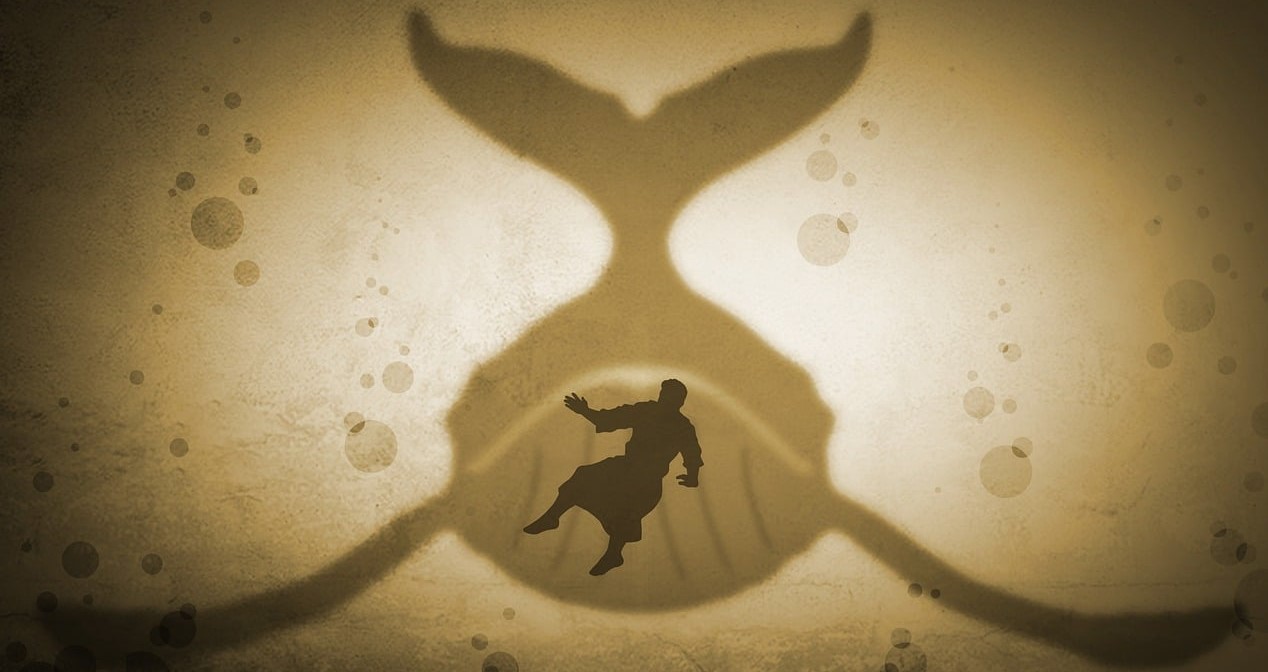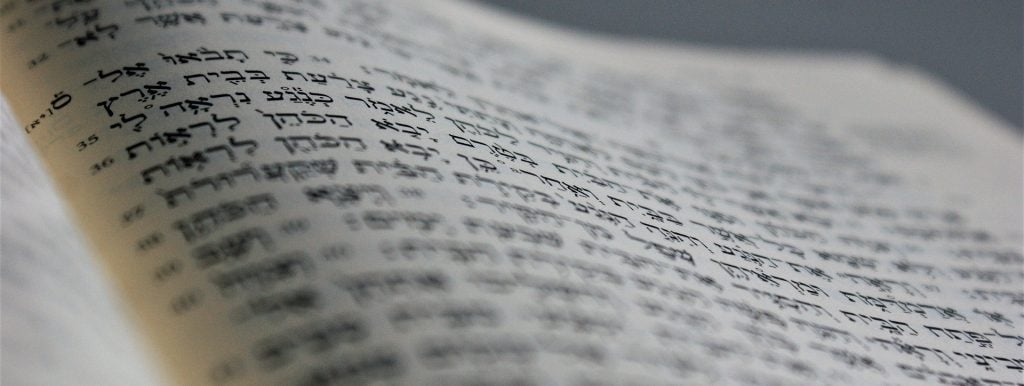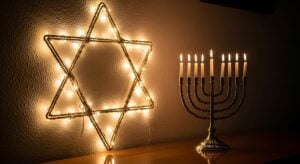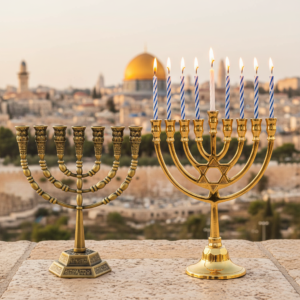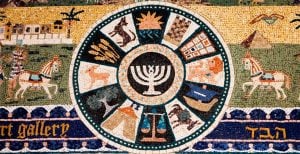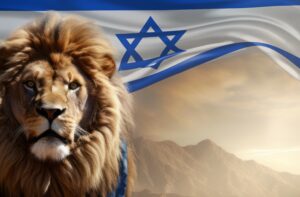The story of the errant prophet Jonah and his notoriously hungry whale is one of the world’s most beloved Bible stories. Clocking in with just 47 verses, Jonah is one of the shortest books in the Tanach. So what message in this little book is so important that we read it on Yom Kippur? What does a man – and a fish – have to do with the holiest day in the Jewish calendar?
First, let’s sum up the Book of Jonah:
Chapter One
God tells Jonah to go to Nineveh, an Assyrian city near modern-day Mosul, Iran, and warn them of their impending destruction. Instead, Jonah heads to Jaffa and boards a ship bound for Tarshish (probably near Gibraltar). God creates a terrible storm over the ocean, and the sailors are sure that the boat will sink. They toss out all extraneous luggage to lighten the ship’s load and pray to their gods to abate the storm. They draw lots to determine whose actions provoked the sea’s wrath; Jonah draws the short straw. He convinces the sailors to throw him overboard into the tempestuous waters, which then immediately become calm.
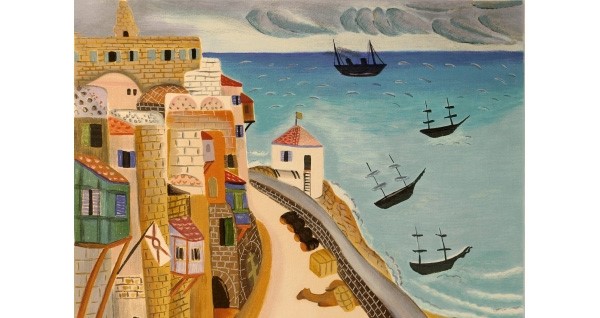
Chapter Two
A “big fish” (the Bible uses the words dag gadol, not whale) swallows Jonah whole, and he remains entrapped in the beast’s belly for three days. Jonah prays to God from within the fish and swears to repay Him for his salvation; the fish then spews Jonah out onto dry land.
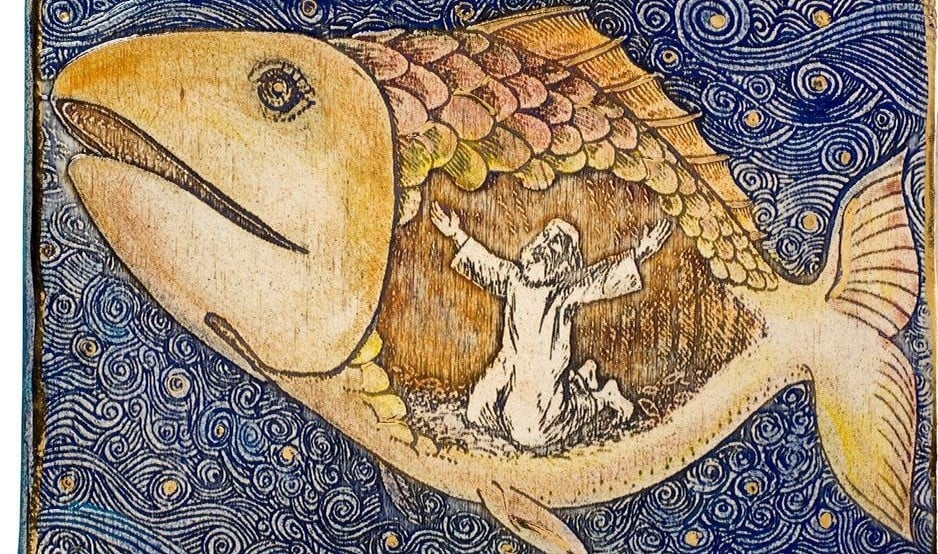
Chapter Three
God’s word returns to Jonah and tells him to go to Nineveh. Jonah undertakes the arduous journey to the foreign city and passes God’s warning to the people. The king of Nineveh removes his royal clothing and instead dons sackcloth and ashes (traditional signs of mourning). He orders every person and animal in the city to fast, mourn, and repent for their sins. God sees their sincerity and forgives the city, and doesn’t destroy Nineveh as He promised Jonah he would.
Chapter Four
Jonah is angry that he traveled all the way to Nineveh for seemingly no reason, as the city was not destroyed. He left the city and set up camp to the east to watch what would happen. God grows a kikayon – a large, leafy plant – over Jonah, giving him shade and relief from the burning heat. The next day, God sends a worm to eat through the kikayon and an overheated and exhausted Jonah begs for help or death. God shows Jonah the hypocrisy of being sad over a plant which he neither grew nor watered, while expecting God to willingly destroy more than one hundred and twenty thousand people of Nineveh, who were God’s own children and creations.
